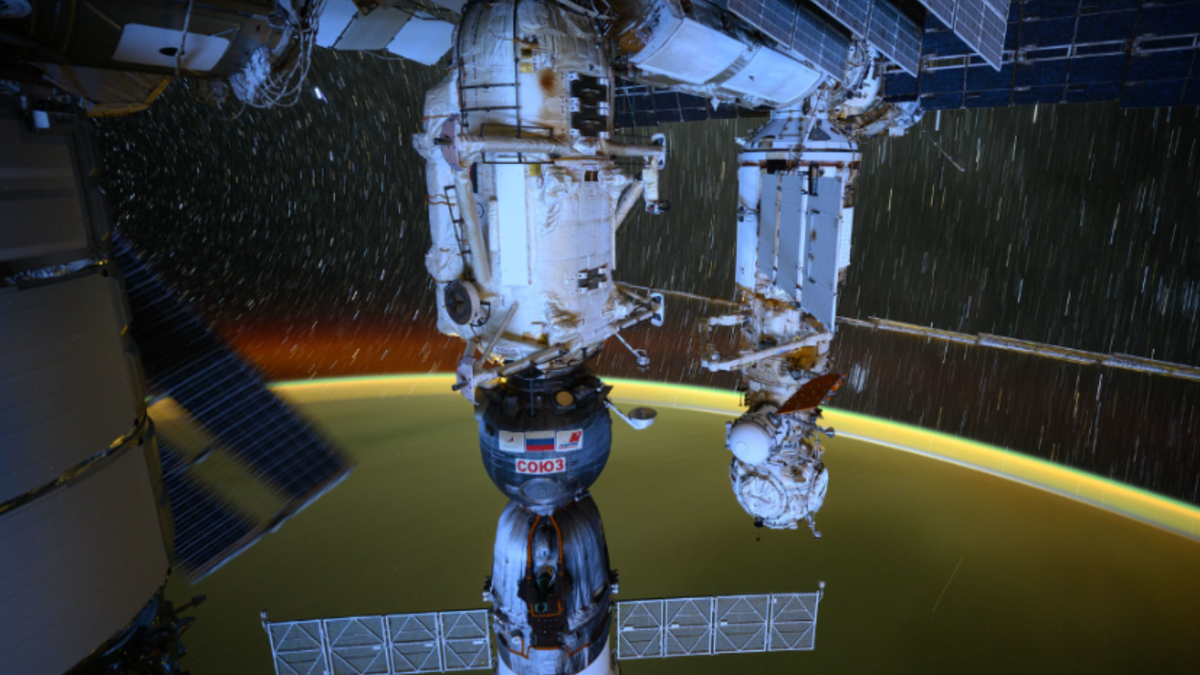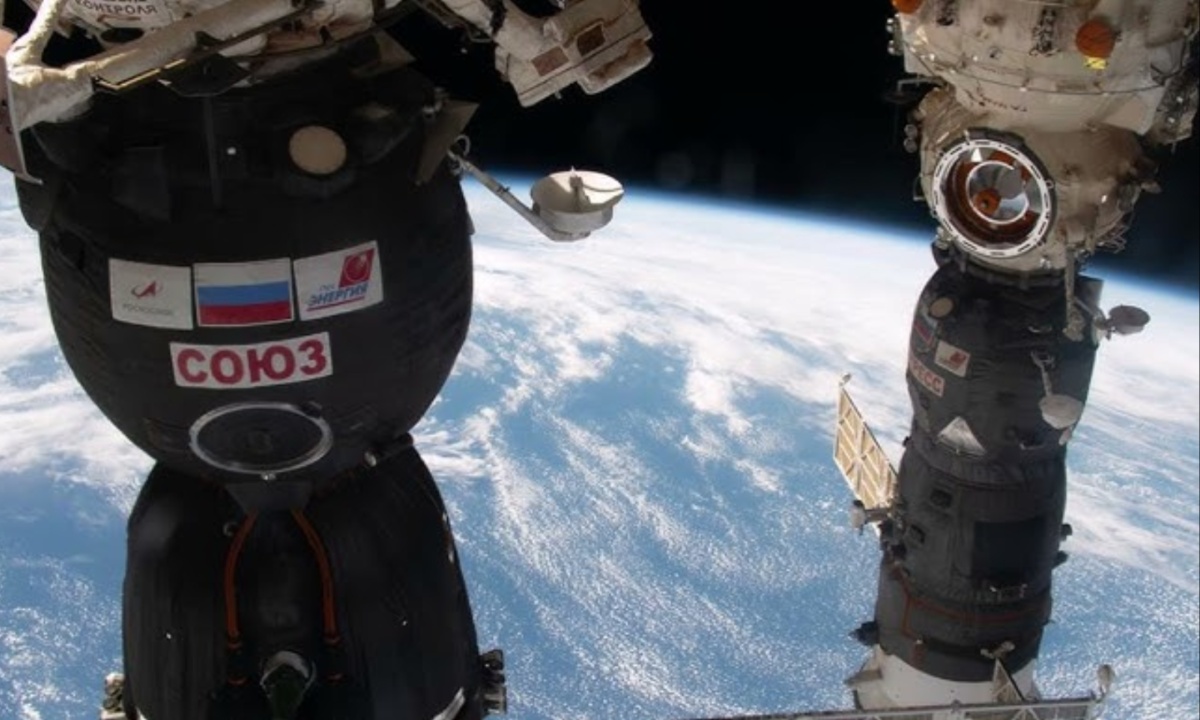On April 30, the International Space Station (ISS) carried out an evasive maneuver to avoid a potential collision with a piece of space debris. The threat originated from remnants of a Chinese Long March rocket launched in 2005. The debris was projected to pass dangerously close to the ISS, prompting mission control teams from NASA, Roscosmos, and international partners to take preemptive action.
Progress 91 Executes Precise Orbital Burn to Protect ISS from Incoming Debris
To increase the distance between the station and the debris, a planned orbital boost was executed using the Progress 91 spacecraft. Docked to the Russian Zvezda module, Progress 91 ignited its thrusters at 6:10 p.m. EDT, maintaining the burn for 3 minutes and 33 seconds. This maneuver safely altered the ISS’s orbit, ensuring the space junk would pass at a safer distance than the projected 0.4 miles (0.64 kilometers).

Progress 91, the vehicle responsible for the maneuver, is a Russian cargo spacecraft that arrived at the ISS on February 29, two days after its launch from Kazakhstan. Its docking position on the Zvezda module made it ideally suited to perform the orbital correction needed to avoid the approaching debris.
Growing Number of Orbital Maneuvers Highlights Escalating Threat from Space Debris
This maneuver is part of a growing pattern of evasive actions the ISS has had to undertake due to increasing amounts of space debris. The frequency of such orbital boosts has been rising in recent years. In fact, this was not the first maneuver in 2024—the ISS had already executed one in November of the previous year and followed it shortly after with another.
With this most recent adjustment, the ISS has now completed 41 orbital boosts to avoid space debris since 1999. These incidents underscore the persistent and growing challenge of space junk in Earth’s orbit, which poses a significant threat to long-term space operations and astronaut safety.


